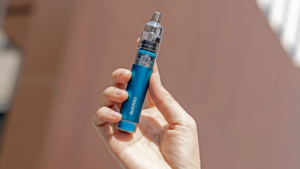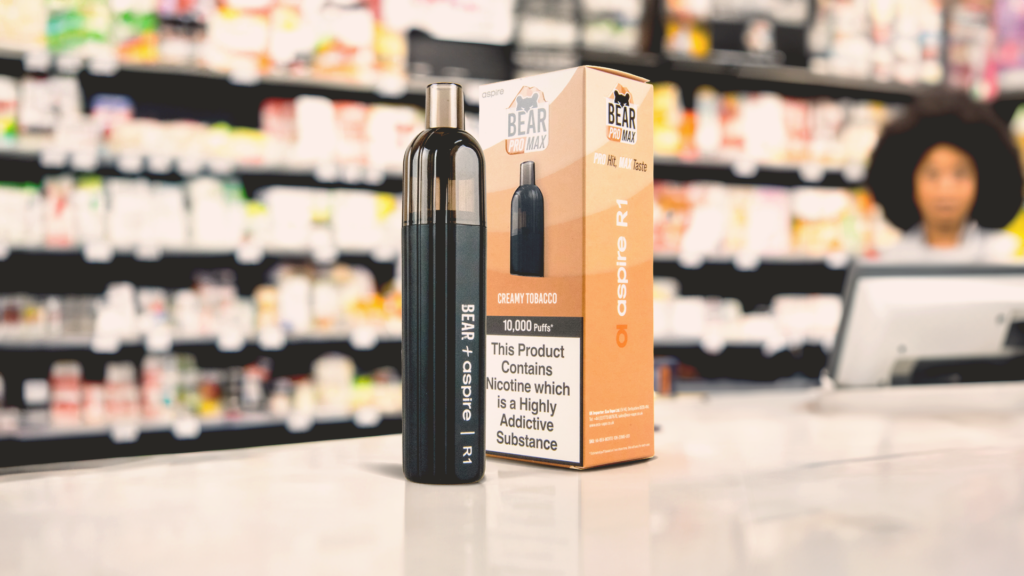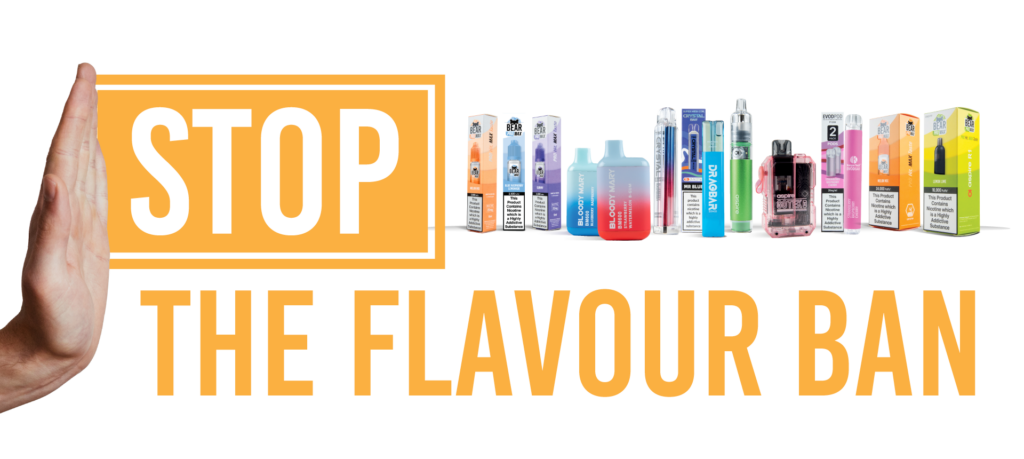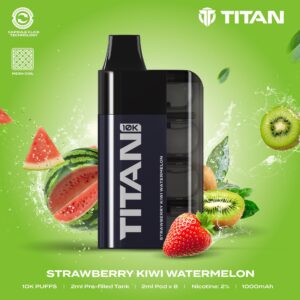

Are Disposable Vapes Being Banned in the UK?
UK Vape Ban: Is the UK banning disposable vapes?
Yes, the Government has recently proposed new regulations to ban disposable vapes in the UK. As of the time of writing in February 2024, the laws are only proposals and have not yet come into effect. The regulations will still have to be ratified by Parliament. It has suggested several reasons for the ban, including restricting access to children and environmental concerns over their disposal.
Let’s take a look at the suggested reasons for the vape ban and the potential consequences once it comes into force.
Why is the UK banning disposable vapes?
The government has stated several reasons for the proposed ban, however they pivot on two main arguments;
- Banning disposable vapes would restrict access of these products to minors (which also underpins other proposed bans on flavour and coloured packaging).
- Environmental concerns due to the electronic and plastic waste they produce that ends up in landfills and the difficulty in recycling them.
Let’s investigate the logic behind these claims.
Reason 1: ‘Tackle youth vaping by banning disposable vapes’
The UK government suggests, and mainstream news articles have reported that, e-cigarette products are being marketed towards children, citing the use of coloured packaging that attract children and the availability of certain flavours that are aimed at children.
This was announced in a recent publication titled “Creating a smokefree generation and tackling youth vaping: what you need to know.” The government states that “to reduce the appeal of vapes to children, we [the government] also announced that new powers will be introduced to restrict vape flavours and packaging.”
The government already restricts access to nicotine products for minors and anyone under 18.
Regardless of flavours and packaging, children should not be able to access vapes in any case. Compliant vape companies already require age verification checks (usually through expensive subscriptions to age check companies) for any online sales and also operate challenge 25 policies in their brick and mortar stores to prevent underage sales of vapes.
Rogue retailers who are selling vapes to children are already breaking the law. It is unclear how or why a new set of laws would convince these retailers to suddenly change their behaviour. Regarding the proposed ban on branded packaging and certain flavours, there is little evidence to suggest rogue retailers would stop selling vapes to minors simply because the packaging has less colours or less flavours are available?
Instead, if on-the-ground enforcement was better and if deterrence was more effective, via stronger fines and forced closures of shops found selling e-cigs to minors, the government would likely stand a better chance at influencing the illegal behaviour of rogue retailers, without preventing adults from accessing easy-to-use alternative nicotine products to tobacco cigarettes – which it should be noted are not being banned.
Reason 2: ‘Serious environmental concerns over disposable vapes.’
The UK government believes that a ban on the sale and supply of disposable vapes would address serious environmental concerns around their disposal. In its announcement, it states that “Over 5 million disposable vapes are either littered or thrown away in general waste every week. This has quadrupled in the last year.”
This is true and many across the vape industry already support a ban on disposable vapes for this exact reason, including here at Eco-Vape. Yet how effective a blanket ban will be on preventing the use of these devices is unclear and is not without its consequences in other areas. It also does not take into account innovation taking place in the vape industry that is already addressing these issues. Let’s take a look.
Single-use disposable vapes use lithium ion batteries which have a short lifecycle and end can end up in landfills. They are made of several different components which must be recycled separately, which means they must be disassembled before they can be recycled which is labour intensive and expensive.
Considering that lithium batteries are a scarce resource with alternative uses, the argument could be made that by banning disposable vapes entirely, these batteries could then be better used in other areas such as in electric car batteries.
However, almost all disposable vapes are produced in China and then exported worldwide. With the UK being just one customer, it is unrealistic to assume that the lithium used in the manufacturing process in Shenzhen would then simply be used in UK industries for more ‘productive’ ends. The lithium market is global, not national.
Nevertheless, on a purely national level, by reducing the legal supply of disposable vapes in the UK, there would likely be a reduction in the amount that are piling up in UK landfills or awaiting recycling. However, vape retailers who are already selling e-cigs illegally on the black market would have no incentive to follow the new laws, nor to encourage recycling of these devices.
More importantly, the vape industry is already well ahead of the government and innovation is providing an answer to the environmental impacts. Aside from providing recycling points in stores, there are already refillable and rechargeable alternatives that last 16 times longer than disposable vapes, such as the BEAR Pro MAX or simple pod systems like the Aspire GoTek X. They work just like disposables but can reduce the lithium used per person by around 16 times per user.

Potential consequences of a UK disposable vape ban
There is little evidence to suggest the proposed disposable vape ban will change the number of minors accessing vape products, with the exception of closing a loop hole which technically permits retailers to ‘offer samples’ to those who are underage – something that is not widely practised by most compliant vape retailers in the first place and certainly not by Eco-Vape.
Disposable vapes are already illegal to sell to those under 18 and minors can only access them either on the black market, via illegal underage sales, or via an adult buying them on their behalf. If existing laws are not being properly enforced now, there is no reason to assume a different set of laws will have any different effect.
The environmental case is perhaps more persuasive. There will likely be a reduction in the number of vapes ending up in UK landfills once supply is reduced. Yet demand for nicotine alternatives will remain unchanged.
Users will instead seek other forms of nicotine such as more harmful tobacco cigarettes, or turn to the black market to access the same products, except instead without any testing of the vape devices for safety and compliance. Nor will they be any more likely to be recycled. Furthermore, elderly smokers and those with no experience of vaping will face increased barriers to entry to nicotine alternatives, ironically making them less accessible than cancer-causing tobacco and cigarettes.
The question is one of perspective. Will these new laws achieve their stated aims? Would investing in better disposable vape recycling facilities achieve the same results, whilst providing a financial incentive for companies willing to recycle them? Is it right that tobacco products would remain on sale, whilst disposable vapes are banned?
We’d like to hear your thoughts in the comments section below!





































